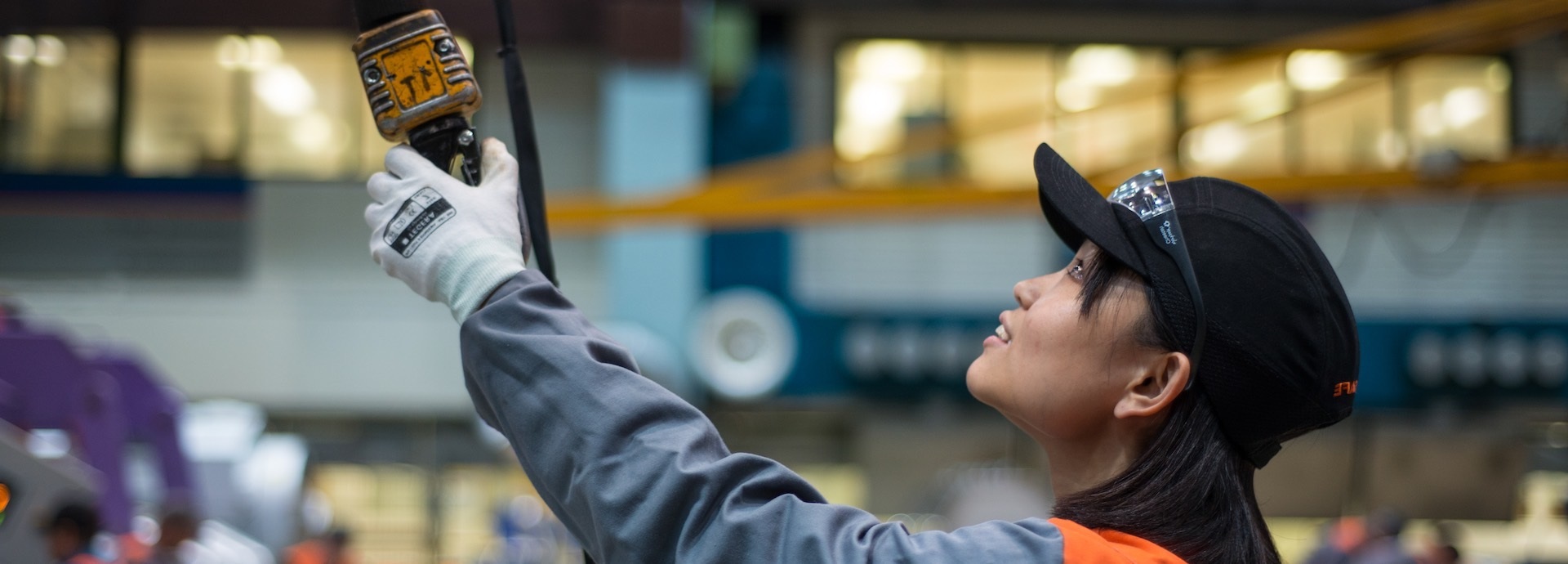

In today’s fast-changing society, workplaces must evolve to mirror our world, and employees increasingly expect their values to be reflected in their work environment and company culture.
Diversity and inclusiveness are often seen to be synonymous when they are not. While they often go hand in hand, according to Jennifer Brown, a globally recognised DEI thought leader, author, and speaker, it’s important to understand how they are integral to each other, yet distinct. Diversity is the ‘who’.
“Diversity is about representation and demographics, with a particular focus on those which are under-represented. These identities can be visible or imperceptible, ranging from sexual orientation, ethnicity and neurodiversity to invisible disabilities and true gender identity,” she explains. On the other hand, inclusion is the ‘how’ to the ‘who’.
Brown continues: “Inclusion is the skillset or behaviour that enables all kinds of diversity to feel welcomed, valued, respected and heard. When inclusion is a priority and is practiced in an organisation, employees will feel more psychological safety, and therefore be able to bring their best contributions to the organisation.”
She adds that inclusion is a commitment – not just among leaders and managers but within the whole organisation. “Anyone at any level can practise inclusion. People must be intentional about being inclusive to get the most out of the present diversity. The combination of diversity and inclusion is crucial, and one cannot be optimised without the other. When companies make an effort to create a psychologically safe atmosphere, employees have the ability to show up as their fuller selves without fear of commonly held biases about those identities negatively impacting their reputation, career and opportunities, for example.”
Leadership as a driving force of inclusiveness
At Wärtsilä, investing in diversity and inclusion has been a critical focus for several years. It’s one of the pillars of its strategy, The Wärtsilä Way, and is included in the company’s people strategy.
Katarina von Troil, Wärtsilä’s Head of Talent & Leadership, says, “We pride ourselves on being a workplace where everyone can be their true selves. We have a diverse representation of nationalities and cultures at all levels, departments, and functions of the organisation; this is important to us. Currently, our staff consist of about 130 different cultures and nationalities.”
She notes that one thing is clear: diversity and inclusion cannot be just lip service. Actions must support them, which is why Wärtsilä has done several interactive initiatives on diversity and inclusion. This includes last summer’s Diversity Talk event, which brought together Wärtsilians and external partners to have conversations and learn about diversity and inclusion.
“Connecting people to discuss diversity and inclusion offers valuable opportunities to learn from each other. Despite having a diverse workforce, we can do much better, and we need to strive to be even better,” von Troil comments.
Whether we like it or not, people are treated differently, and it's important to acknowledge that. People may have very different experiences in the same environment, whether in the workplace or the world. Our differences do make a difference, and we need to adjust to that.
Leading by example
In her 2021 book Beyond Diversity, Brown has compiled an actionable blueprint for creating a more inclusive world. She believes every inclusive leader's journey must be about travelling from unawareness to awareness, from awareness to action, and from action to advocacy.
“Whether we like it or not, people are treated differently, and it's important to acknowledge that. People may have very different experiences in the same environment, whether in the workplace or the world. Our differences do make a difference, and we need to adjust to that,” Brown says.
“There are sensitive and uncomfortable topics, but leaders should acknowledge that they will get things wrong instead of being paralysed by the fear of getting something wrong. To be human is to be biased,” she adds.
Von Troil agrees, “Leaders must be self-aware in many ways. Despite what we like to think, we are not always aware of all our biases. We need to be deliberate and purposeful about this. This also means actively seeking different perspectives through cross-organisational collaboration, for example.”
Wärtsilä’s 2022 employee engagement survey found that 86% of respondents felt they are treated with respect at work, and 81% say they are comfortable voicing their ideas and opinions even if they differ from others. Von Troil finds the results encouraging: “It’s a fantastic start. We still have a long way to go, but this is a great foundation to build on.”
Both von Troil and Brown agree that an organisation’s leaders are the driving force behind how included people feel in the workplace. To achieve that, leaders must also go on a personal journey.
Brown concludes by saying, “Becoming a person who welcomes genuine inclusivity is a lifelong journey. It's not something we arrive at. We must keep educating ourselves, handle our biases, and always be aware of them.”
Did you like this? Subscribe to Insights updates!
Once every six weeks, you will get the top picks – the latest and the greatest pieces – from this Insights channel by email.

